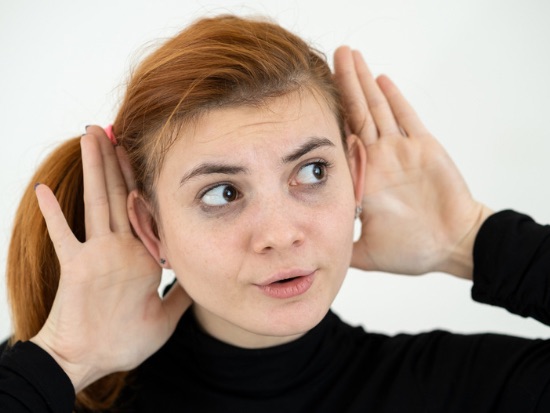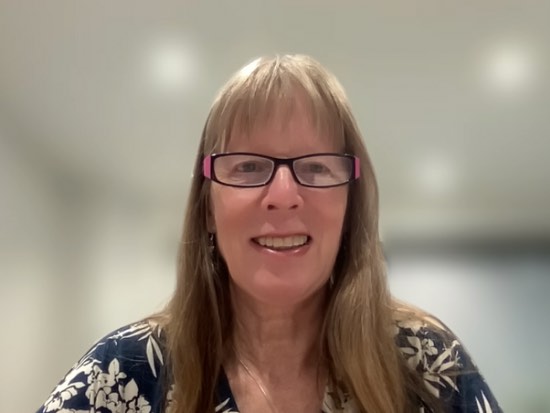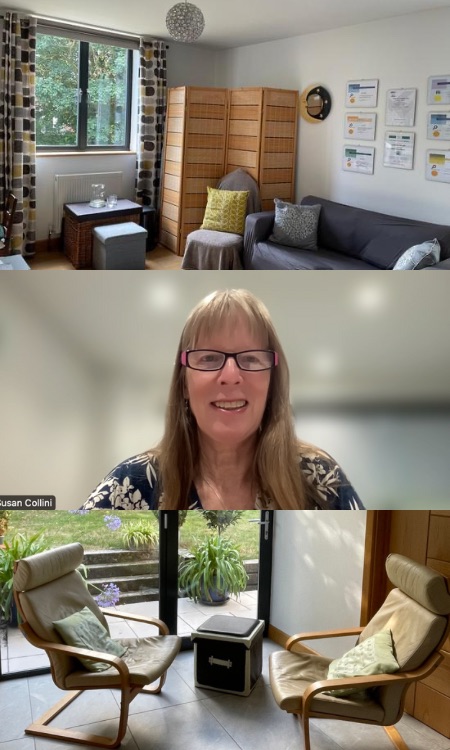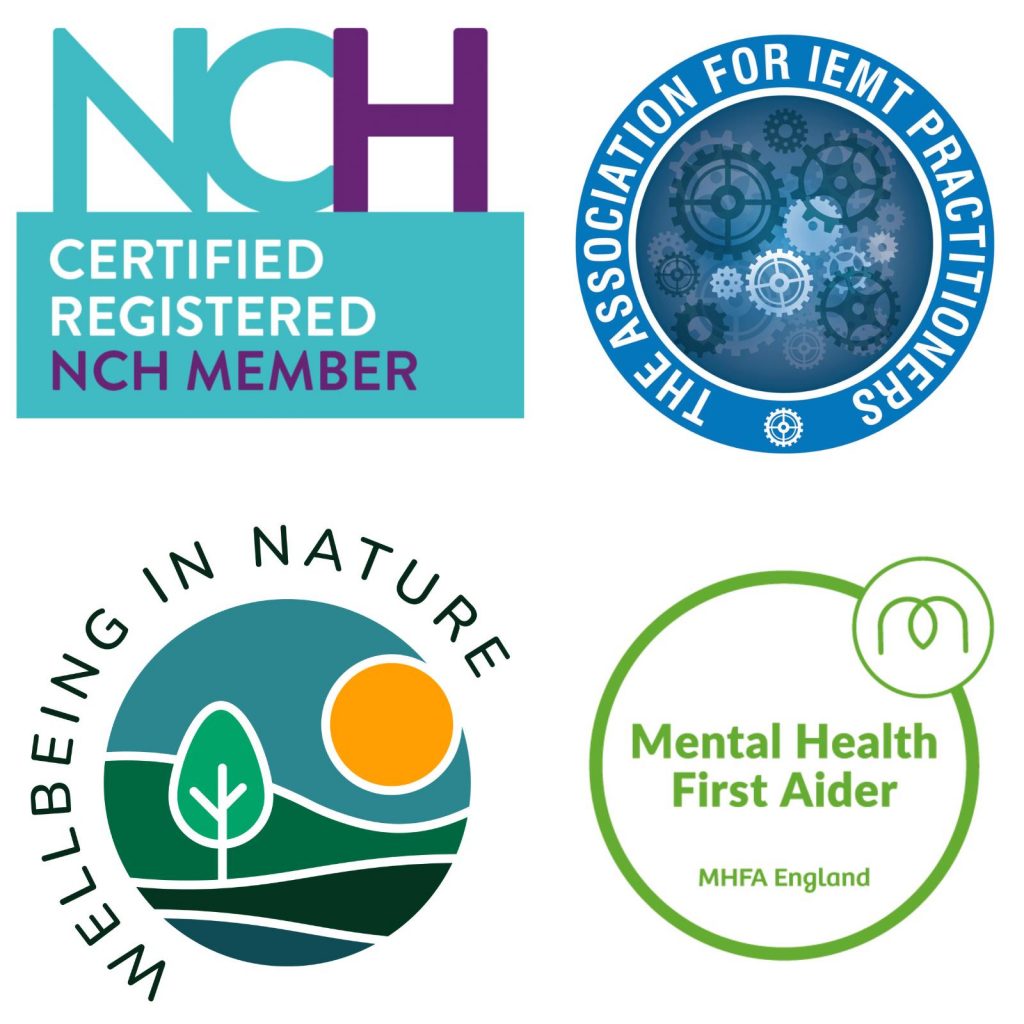
Support for neurodiverse children
Therapy support for neurodiverse children
It’s okay to be different
Neurodiversity just means that a person is different in the way they think. However, being ‘different’ often effects challenges in day to day living.
To be neurodiverse doesn’t mean there’s anything negative going on, but rather a positive, through possessing a different way of thinking about things. People who see things differently have often been those who have changed the world we live in, for the better.
Of course, when a person feels they are ‘different’ and others don’t think in the same way they do it can cause confusion and upset, leading to loss of of self-belief and self-esteem. Too often a person who is neurodiverse can feel they don’t ‘fit’ and, over time, that can lead to anxiety around other people and/or situations. If your neurodiverse child is not coping well with life at the moment I can provide therapy-based interventions face-to-face or online.
Neurodiversity super-power
Neurdiverse people are, essentially, wired differently, but that doesn’t mean it’s a disability or an illness. In fact, neurodiversity occurs quite naturally in the population as a whole, a bit like right and left handed people. In fact, research is demonstrating that numbers of neurodiverse people are increasing because more people are learning to be more open about their way of being, celebrating their way of seeing the world as full of positivity; a super-power of creative potential.
Supporting a neurodiverse child
Being neurodiverse can make a child become withdrawn or prone to exhibiting unhelpful angry behaviours. It could be that, as a parent, you recognise elements of being neurodiverse too? It’s important you don’t look for ‘fixes’ but rather ways to help your child feel it’s okay to be different than others, finding ways to empower rather than disempower their life experiences. So, if being neurodiverse has impacted negatively on your child, help is available.
You can book at free 30-minute ‘Discovery session’ to have a no-obligation chat about your child, to see if you feel I might be able to be of assistance.


Neurodiversity is….
Conditions that could be considered as neurodiverse are Autism and ADHD (attention deficit hyperactivity disorder).
Dyslexia is another condition that might be considered an example of neurodiversity.
Dyscalculia, which is more related to numbers rather than words, is another example of neurodiversity.
Dyspraxia, manifesting as a person having difficulties with body coordination, (the person often being described as clumsy) can be considered an example of neurodiversity.
Dyspraxia, labelling for someone who finds it very difficult to organise themselves, can also be considered linked to neurodiversity.
In relation to Autism, other difficulties individuals may experience can relate to social interactions and getting along with other people. The underlying reason may be linked to neurodiversity becasue that person has difficulty in reading non-verbal signals or lack facilty to fully grasp what someone means, so they take things quite literally.
However, having outlined a number of neurodiversity examples it has to be said, being left-handed could be considered “neurodiverse” (that person is wired differently than the vast majority). Being different doesn’t have to be an anchor in life and there are plenty of examples of neurodiverse people who have not only achieved amazing things but changed the world for the better, becasue of their ability to think ‘outside the box’.
Find out more about how I could help support your neurodiverse child
Building self-confidence, self-esteem, improved focus and, importantly, techniques for relaxation, slowing down the mind and focusing more on the present moment can be incredibly helpful for neurodiverse children.
The focus of my work with children is on helping them to flourish; working with them to make positive use of their strengths. In other words, I work with children to help them appreciate their strengths, to grow their ability to connect more effectively with themselves, understand other peoples emotions and how to communicate their needs to others.
Gaining confidence to interact with life in ways that nourish rather then deplete is a valuable skill for anyone, but particularly so for neurodiverse children who need to believe in themselves to be able to build resilience for coping with a world that can be ‘out of step’ with their values and beliefs.
If you’d like to find out more about how I would work with your child, phone/text me on 07483 234109 or fill in the form below to book at free 30 minute ‘discovery session’ that can take place on the phone or online using Zoom or FaceTime.

Book a free 30 minute discovery session
Originally posted 2023-09-01 09:25:30.



